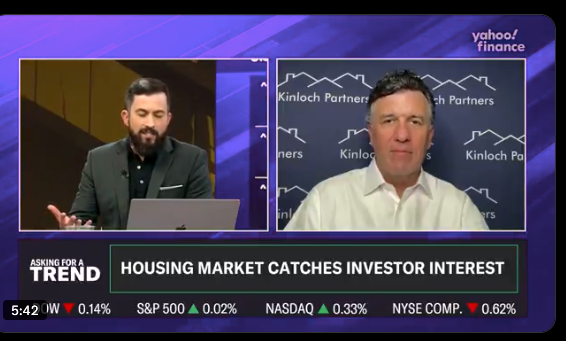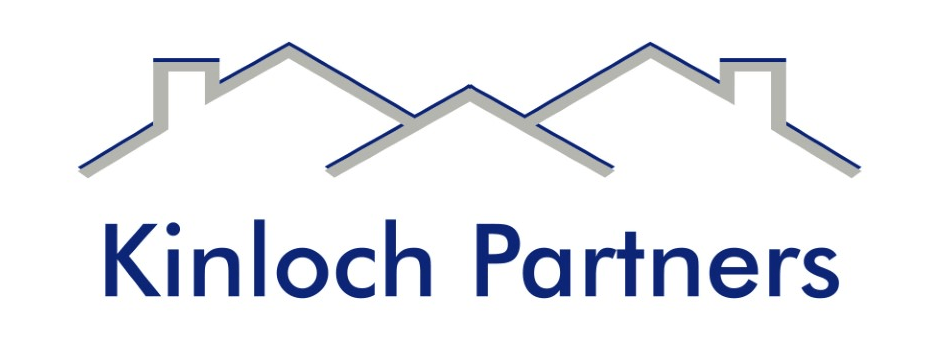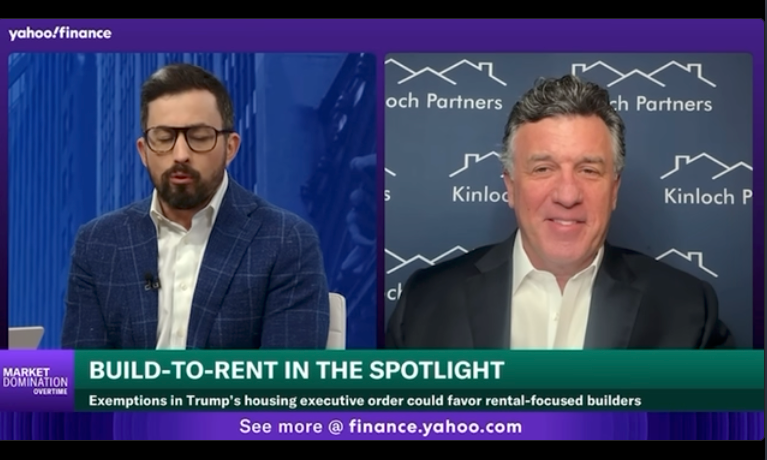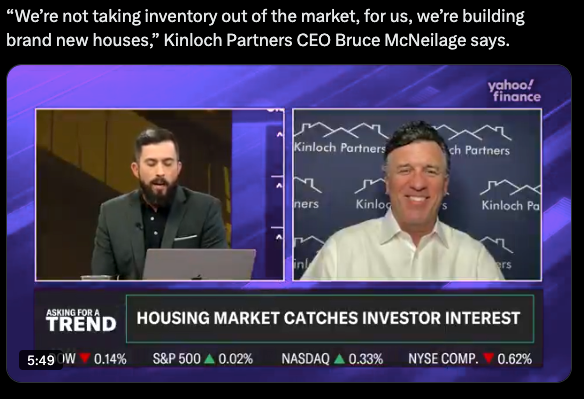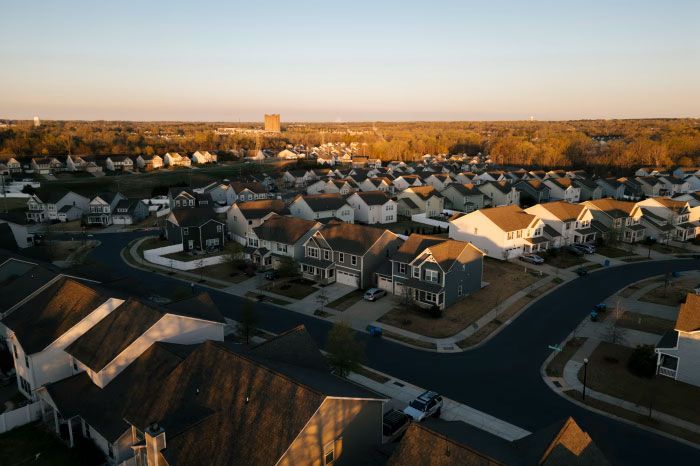Condos eyed for property in East Nashville
Original Story here: http://www.tennessean.com/story/money/real-estate/2015/07/29/condos-eyed-property-east-nashville/30842997/
A local developer has property at East Trinity Lane and Gallatin Pike under contract with plans for condos.
The seller is one of the city’s largest predominantly Hispanic congregations, which is building a new 103,000-square-foot church less than three miles away on Dickerson Pike.
Iglesia de Dios Hispana de Nashville is looking to sell six parcels with its home at 1079 E. Trinity Lane, several vacant parking lots and a single-family home.
The site is across from where construction is expected to start in October on the 130-unit Solo East condo development planned in south Inglewood.
A year ago, Solo East developer Bruce McNeilage was part of a group that made an unsuccessful attempt to buy the church property with plans to build moderately priced condos.
“However, when we looked at the economics of the price they wanted, it just didn’t make sense,” McNeilage said, adding his group offered $1 million for the site that he had sought for the next phase of his project.
“It’s a neighborhood that’s on the upswing, and with all the retail and restaurants and things that are going on Gallatin, it’s an excellent location between south Inglewood and East Nashville.”
With nearly half of the condos planned at Solo East sold, McNeilage sees the project benefiting the developer with the church property under contract because of interest in condos in that area.
From 1919 to 1998, Trinity Lane Church of Christ occupied the church building at the East Trinity Lane location, which would likely be demolished to make way for the condo project. Historic Nashville Inc. documented the building in 2002 as part of its Sacred Sites Survey Project, according to Robbie Jones, a board member of that local preservation group.
Josue Rodriguez, one of the pastors at the 3,000-member Iglesia de Dios Hispana de Nashville, expects the church’s new home at 3030 Dickerson Pike to be completed by year’s end.
Overall, the church owns 25 acres at that location marketed as Dickerson Plaza, which once had a shopping center with tenants including Woolco department stores, Western Auto, Winn-Dixie and Eckerd Drugs.
The church being built at the location behind the Bank of America branch near Ewing Drive and Dickerson Pike will be able to seat 4,000 people, Rodriguez said.
“We’ve outgrown the church we’re in right now,” he said about the nondenominational church with some ties to the Church of God. “We need an updated location.”
Organicus LLC designed the church’s new building.
Reach Getahn Ward at 615-726-5968 and on Twitter @getahn.
